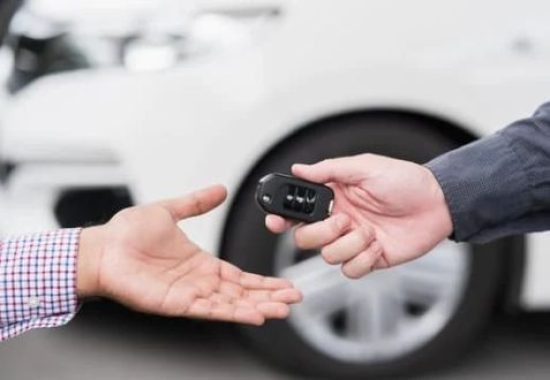
If you’re thinking of getting a new vehicle, you may be wondering whether it’s better to lease or buy your next car. In this article, we’ll explain the key differences between buying and leasing a car and the pros and cons of each.
When you lease a car, you are essentially renting it long-term. Car leasing is typically done through something called Personal Contract Hire (PCH) whereby you pay a deposit followed by monthly payments for the duration of your lease. This will usually be for a period of two to four years. Often, you can keep your monthly payments lower by paying a larger upfront deposit.
Throughout your contract, you don’t own the car and when your lease period ends, you will be expected to hand it back to the leasing firm. As part of your agreement, you will have a mileage limit to stick to and if you go over this, you will incur further charges. You’ll also have to agree to keep the car in good condition since you’ll be handing it back at the end of your contracted period.
There are several advantages to leasing a car.
Of course, there are downsides to car leasing too.
You can buy a car outright with your own money or using a loan or credit card to pay for the car upfront. You can also enter into a car finance agreement, such as hire purchase (HP) or Personal Contract Purchase (PCP) to buy a car.
With HP, you pay a deposit and monthly instalments, as you would when leasing a car, but at the end of your agreement, the car belongs to you. PCP is similar but your monthly payments will typically be lower and at the end of the period, you will have the option of making a more significant, one-off payment, sometimes called a ‘balloon payment’ to purchase the vehicle. If not, you’ll need to hand back your car, as you would with a lease car.
There are several benefits to buying, rather than leasing a car.
However, there are drawbacks to buying a car.
There are pros and cons to both leasing and buying cars. What you decide will depend on a number of factors, such as how much you’re willing to pay upfront, how often you want to change your car, and the affordability of monthly payments and maintenance costs.